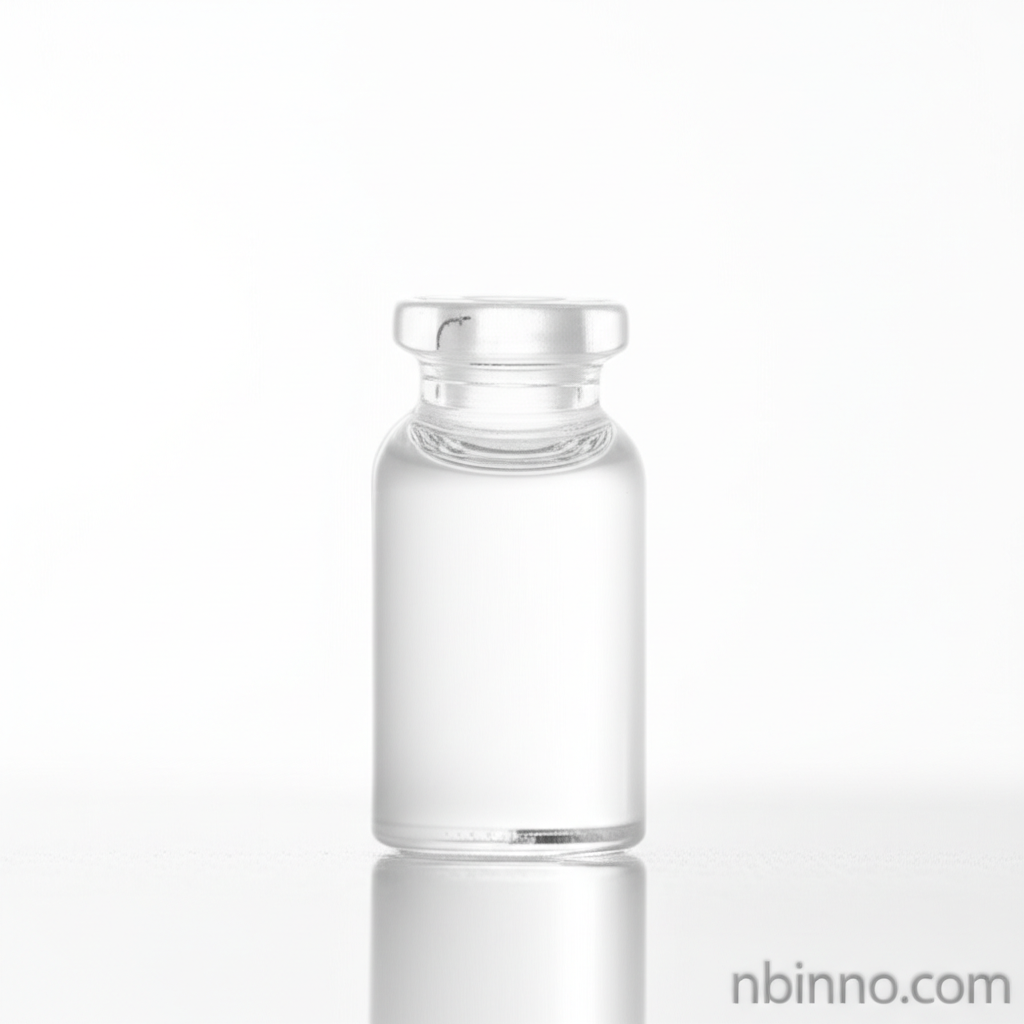Unlock the Floral and Woody Notes: A Comprehensive Guide to Linalool's Applications
Discover the versatile uses of Linalool, a key ingredient in fragrances, aromatherapy, and more.
Get a Quote & SampleProduct Core Value

Linalool
Linalool is a naturally occurring terpene alcohol renowned for its pleasant floral-woody aroma with subtle citrus undertones. It is widely utilized across various industries for its scent profile and functional properties.
- Experience the calming effects of linalool in aromatherapy, known for its ability to reduce stress and anxiety.
- Explore the versatility of linalool's aroma profile in perfumery, acting as a top-note enhancer and floral modifier.
- Understand the industrial applications of linalool, including its crucial role as an intermediate in the synthesis of vitamin E.
- Learn about the chemical properties and synthesis methods of linalool, a key component in many fragrance formulations.
Key Advantages
Versatile Aroma Profile
Linalool's pleasant floral and woody scent makes it a staple in perfumery, contributing to a wide range of fragrance compositions.
Therapeutic Properties
The calming effects of linalool are well-documented, making it a popular choice for aromatherapy applications aimed at stress relief and relaxation.
Broad Industrial Use
Beyond fragrances, linalool serves as a vital intermediate in the synthesis of vitamin E, highlighting its importance in chemical manufacturing.
Key Applications
Fragrances
Linalool is a crucial component in perfumes and colognes, providing a fresh and floral character.
Aromatherapy
Its calming aroma is utilized in aromatherapy to promote relaxation and manage stress, leveraging its linalool benefits for anxiety.
Cosmetics
Linalool enhances the sensory experience of cosmetic products with its pleasant scent.
Vitamin E Synthesis
Linalool serves as a key intermediate in the chemical synthesis of Vitamin E, showcasing its industrial significance.
